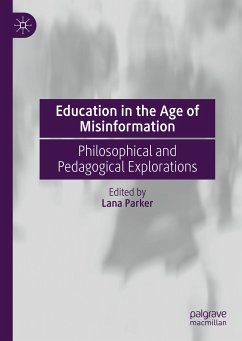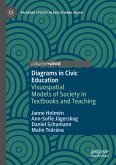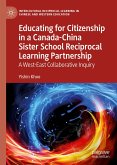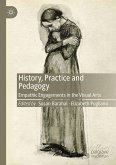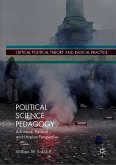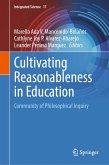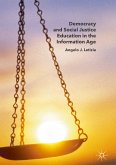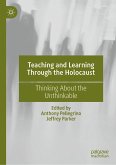This edited volume examines the implications of misinformation and youth digital life in a new information environment. This new information environment is characterized by high levels of user engagement, hidden algorithmic manipulations, and information abundance, including misinformation and disinformation. While misinformation and disinformation in the post-truth era have been previously investigated, this edited volume offers a distinctive educational focus that scholars have not yet addressed. Chapters contribute to the ongoing discussion of the role of education in democracies while uniquely contextualizing the problem of misinformation as a pedagogical opportunity. Contributions from across the globe answer the question of how education might respond to the changing information environment through engagements with educational philosophy, democracy, and everyday practices of teaching and learning. The book adds to a growing body of work exploring what it means to engage in responsive, rather than reactive or stagnant, pedagogy.
Lana Parker is Assistant Professor of Language Education at the Faculty of Education at the University of Windsor, Canada. Her research examines relationality in education, with a particular focus on the intersections of literacies, ethics, and democracy. She has led nationally funded research in Canada on youth engagement with misinformation and responsive pedagogies since 2018.
Dieser Download kann aus rechtlichen Gründen nur mit Rechnungsadresse in A, B, BG, CY, CZ, D, DK, EW, E, FIN, F, GR, HR, H, IRL, I, LT, L, LR, M, NL, PL, P, R, S, SLO, SK ausgeliefert werden.

